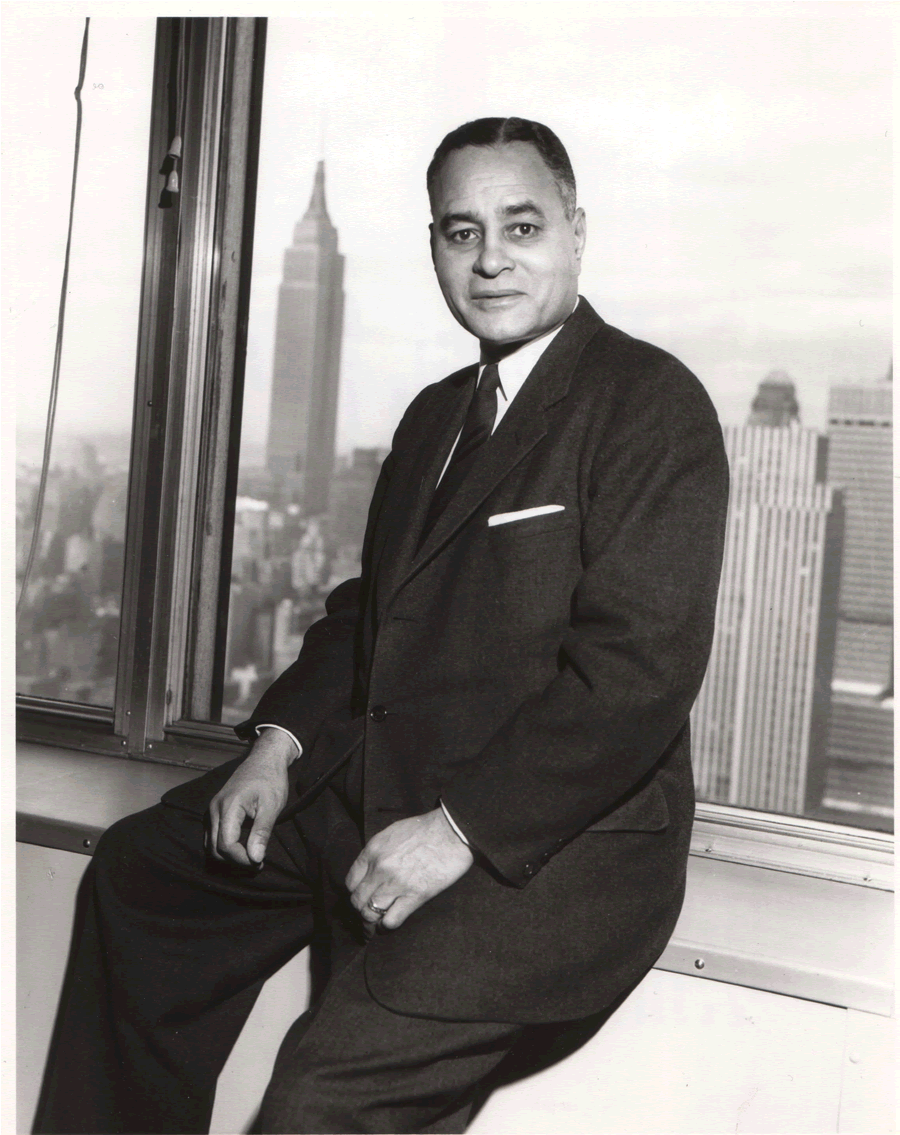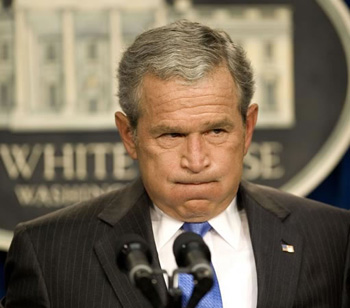Until the US is willing to negotiate with the elected representatives of the Palestinian people it is wasting time. The PA is politically and morally bankrupt - it has no capacity to deliver a peace deal, it has no credibility among Palestinians.
Mouin Rabbani and Chris Toensing (Middle East Report) on "The Continuity of Obama's Change"
US media outlets were quick to pronounce Obama’s “big phone calls to the Middle East” “another marker of change” that the new president is, rather unfairly, expected to bring to every domain of American life. Yet the American political system is not one given to sudden and significant shifts in foreign policy, least of all on account of directives emanating from the Oval Office. Rather, foreign policy, and perhaps nowhere more so than toward the Middle East, is characterized by evolution, typically at a slow pace. Produced by a variety of competing interests encompassing the bureaucracy, business elites, the military, Congress and various lobbies, policy tends to change only when consensus is achieved on a new direction, with the role of the president generally limited to formalizing rather than catalyzing the process. Bush’s notorious aphorism, “I’m the decider,” represented ambition, not reality.Here are couple different views of Mitchell:
...
Even at the rhetorical level, a bromide like, “we are confronted by extraordinary, complex and interconnected global challenges: the war on terror, sectarian division and the spread of deadly technology. We did not ask for the burden that history has asked us to bear, but Americans will bear it,” could just as easily have emanated from Obama’s predecessor. The same is true of the president’s statement: “Just as the terror of rocket fire aimed at innocent Israelis is intolerable, so, too, is a future without hope for the Palestinians.” The source of Israeli fears is named, but the perpetuator of Palestinian despair is not.
...
The Mitchell report shared the structural flaw of all US interventions on the Israeli-Palestinian front subsequent to the collapse of talks at Camp David in July 2000. Whether through a stoppage of Palestinian resistance, constitutional and security reform, or institution building, it placed the onus for progress toward peace and Palestinian statehood upon the occupied people, and deferred the duties of the occupying power until later. And it spoke not at all of the foremost of those obligations, the duty to end the occupation.
...
How Mitchell intends to produce a durable ceasefire, with the limited toolbox in his possession, remains something of a mystery. Insisting he will neither visit Gaza nor engage with Hamas -- at a time when Israel is all but ignoring Abbas and focusing on Egyptian-mediated talks with the Islamists -- he has once again produced a situation where US diplomacy is hamstrung by being more pro-Israel than Israel itself.
...
On the available evidence, it is almost certainly too late to implement a viable two-state settlement. Israeli settlement expansion appears to have proceeded too far, for far too long, to be able to be reversed by an Israeli government that can remain legitimate, even if genuine US pressure is bought to bear. The real test for Washington will therefore be not how often Mitchell shuttles to and around the region, but how rapidly it acts to freeze Israeli settlement expansion in all its forms and reverse Israeli impunity in the Occupied Territories.
...
The problem is that the death notice will not be accompanied by a birth announcement for a binational state. With the vast majority of Israelis committed to retaining a Jewish state, and the vast majority of Palestinians in response demanding that their ethnicity be privileged in their own entity, a South African-type transformation on the Mediterranean is at best many years away. The more likely scenario, for the coming years, is a descent into increasingly existential, and regionalized, conflict.
AFP on Mitchell
Zunes on Mitchell















